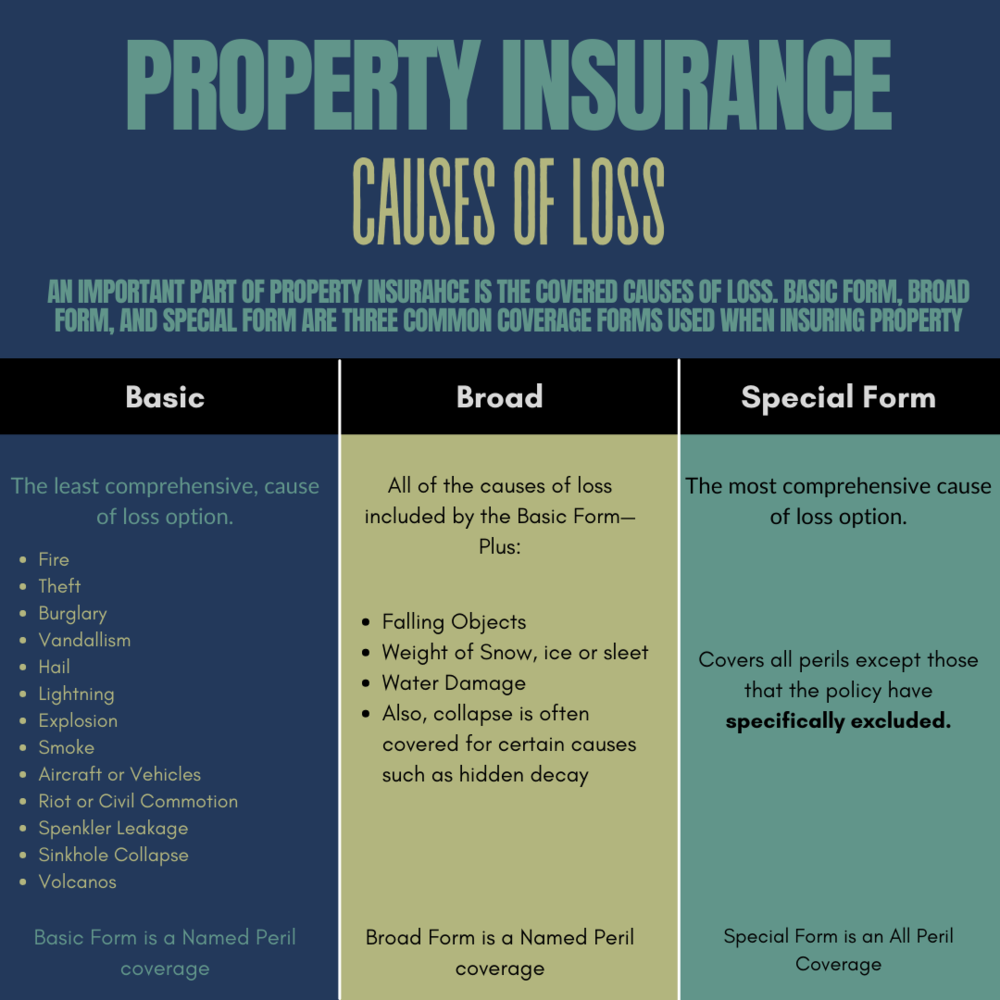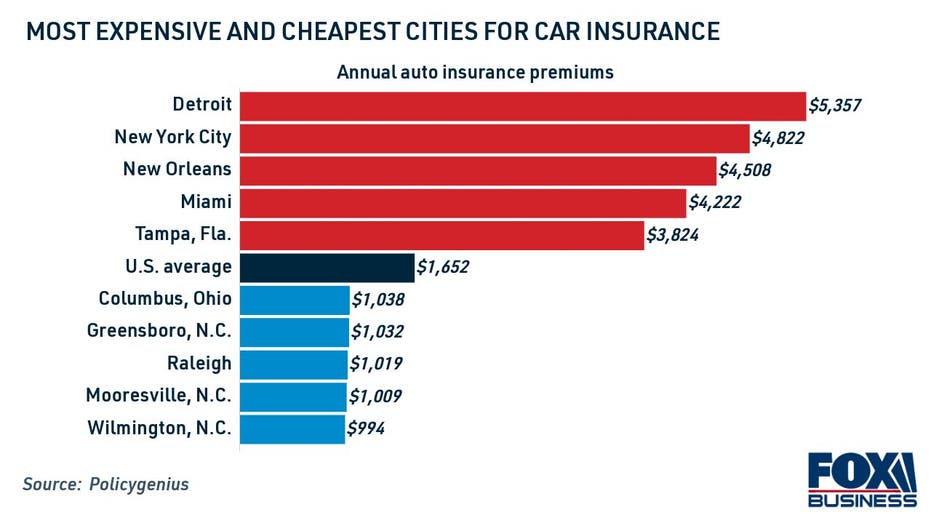
Healthcare definitions can be confusing at times. Luckily, the following information has been compiled to help you navigate the process.
An EPO (exclusive provider organization) is a combination of features from a HMO or a PPO. This plan stores electronic records of your medical information. This means that you only need to visit providers within your network. You will be charged more if you require care outside the network. A higher cost share may apply to you.
A health maintenance plan (HMP), is a type insurance program that covers all medical expenses, including coinsurance and deductibles. Your benefits are not dependent on who you see, unlike a PPO. When you see a provider outside of the network, your insurance will cover only the costs for services provided.
The Patient-as-Partner Approach is a way to engage patients in the healthcare process. It acknowledges that the patient's experiential knowledge is just as important as the scientific knowledge that the HCP has. In addition, it encourages patients to take an active role in their own care. The patient can, for example, get a second opinion from a doctor or consult with one over the phone.

Electronic Medical Records (EMRs), which are computerized systems that store all clinical data, are called electronic medical records. They are typically used to monitor and record your health care, with a deductible or copayments.
Behavioral healthcare is a term that refers to a range of treatment options for substance and mental abuse. These include counseling and medication management. In both hospitals emergency rooms and ambulatory healthcare facilities, behavioral healthcare is available.
Electronic prescribing allows pharmacies and doctors to electronically share patient data. Electronic prescribing utilizes computerized systems that transfer prescription information from a physician to a pharmacist.
Insurers might review your claims before they pay them. The insurer will reimburse you if the claim meets certain standards. Some insurance plans require you to precertify or authorize before you can receive specific procedures.
HIPAA, or the Health Information Privacy Act, aims to create standardized security standards for sharing sensitive information. It is enforced jointly by the Department of Health and Human Services and Centers for Medicare and Medicaid Services.

The Affordable Care Act (ACA), requires that all health plans provide coverage at four levels. These levels vary based on your household's income, number of dependents, and the level of assistance that the government provides.
Your healthcare costs for the calendar year are limited by your annual deductible. If you have an accident, or are diagnosed with a major illness, your annual deductible caps the amount of healthcare you can afford before your insurance kicks in. Non-covered services such as visits to hospitals or doctors not in your network are not covered. In addition, your deductible applies only to the amount of care received while you are being hospitalized.
Finally, you can use funds from your HSA to pay for healthcare expenses not covered by your plan. HSAs are tax-advantaged savings accounts that can be used to pay for healthcare services that are not covered by your health plan.